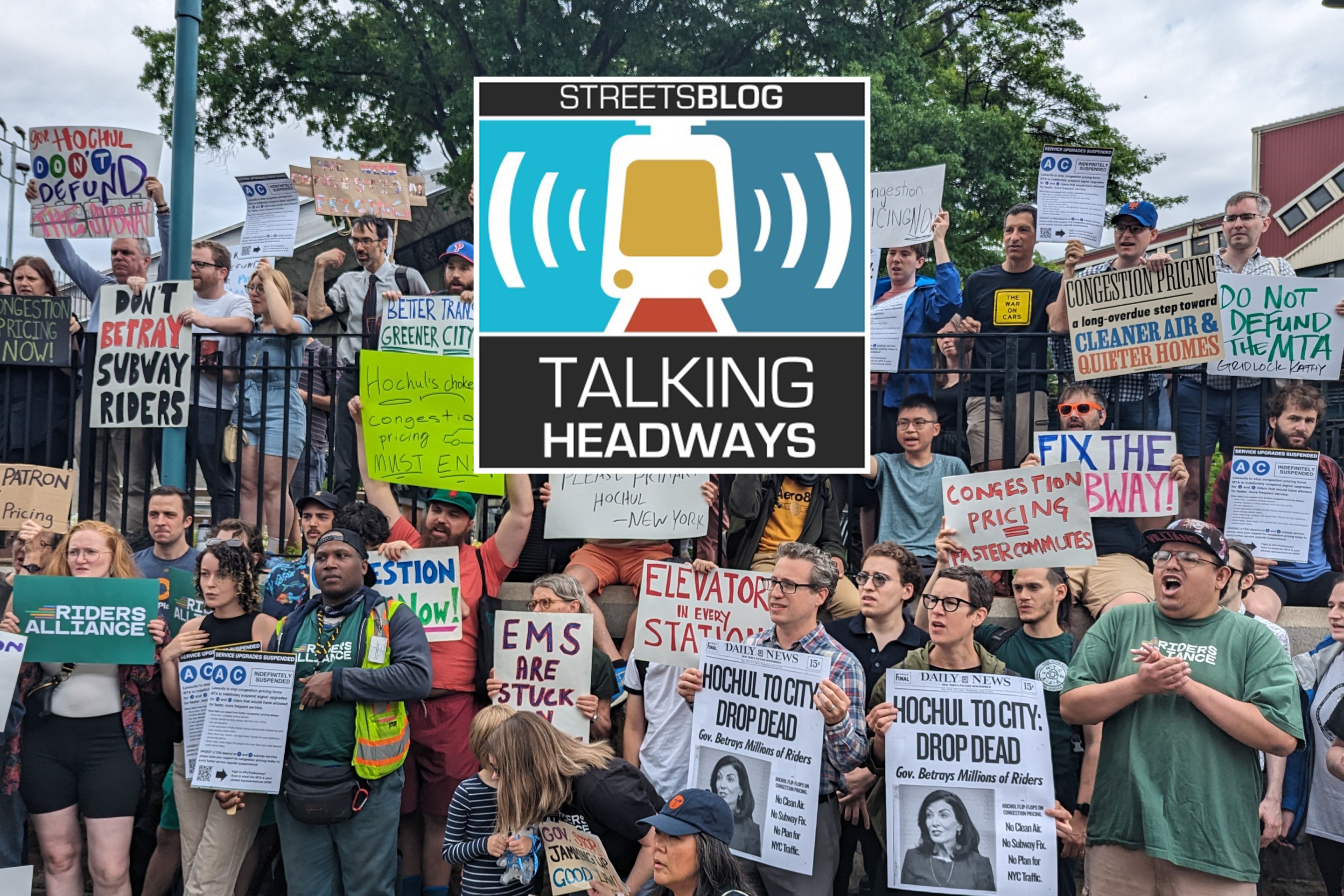The Obama administration today released its final rule raising U.S. auto fuel-efficiency standards to an average of 35.5 miles per gallon (mpg) by 2016, winning plaudits from environmental groups while offering extra benefits to makers of electric and luxury cars.
 Transportation Secretary Ray Lahood, at left, with EPA chief Lisa Jackson at right. (Photo: Getty Images)
Transportation Secretary Ray Lahood, at left, with EPA chief Lisa Jackson at right. (Photo: Getty Images)The final rule was jointly unveiled by Transportation Secretary Ray LaHood and Environmental Protection Agency (EPA) chief Lisa Jackson, who described the higher fuel standards -- known as CAFE, for Corporate Average Fuel Economy -- as "a win for automakers and drivers, a win for innovators and entrepreneurs, and a win for our planet."
Environmental advocates joined the auto industry in welcoming the higher CAFE standards, which the EPA estimates would yield $240 billion in total benefits over the life of the rule -- compared with a total cost of $52 billion for carmakers and drivers.
“By completing these rules, the Obama administration is putting our country on the road to creating thousands of clean energy jobs and cutting our dangerous dependency on oil," Roland Hwang, transportation director at the Natural Resources Defense Council, said in a statement.
Dave McCurdy, president of the Alliance of Automobile Manufacturers, urged the White House to follow the rule by beginning "to work on [fuel standards for] 2017 and
beyond.”
The new CAFE rule includes a notable break for electric cars, giving a zero-emissions rating to the first 200,000 such vehicles made by each manufacturer despite the fact that carbon emissions would result from the power needed to charge them.
Jackson said the benefit was included to bolster the administration's "bullish" stance on plug-in technology. "We all know that's not entirely true," she acknowledged of the government's zero-emissions designation, "because when you plug in, there's
some emissions associated with the power you're using ... but we
wanted to incentivize them."
In the text of the final rule, the EPA described its 200,000-vehicle zero rating as a compromise with green groups that objected to its initial proposal to offer the rating to all electric vehicles.
"Many state and environmental organization commenters
believed that the combination of these incentives could undermine the GHG [greenhouse gas] benefits of the rule, and believed the emissions compliance values
should take into account the net upstream GHG emissions associated with
electrified vehicles compared to vehicles powered by petroleum based
fuel," the rule's authors wrote.
The EPA's earlier proposal also had included a "multiplier" that would effectively count electric or hybrid cars as more than one vehicle when automakers calculated the average fuel efficiency of their fleets. The final rule, however, abandoned the "multiplier" concept.
The benefit for luxury carmakers, nicknamed the "German provision," would give manufacturers selling fewer than 400,000 cars per year in the United States extra time to comply with the new fuel rules between the model years of 2012 and 2015. Automakers which stand to gain from that efficiency "lead-time allowance" include BMW and Mercedes.
The EPA and U.S. DOT estimated that their stronger fuel-efficiency standard would increase the average cost of cars by $950 as of the 2016 model year, but Jackson noted that most auto buyers would "offset the costs" by saving on fuel bills during their first three years of driving.
Asked about the auto industry's eagerness for certainty from the federal government for 2017 and beyond, LaHood told reporters that "anything post-2016 will come after people get a good week of sleep ... they've been working night
and day to get this right."





